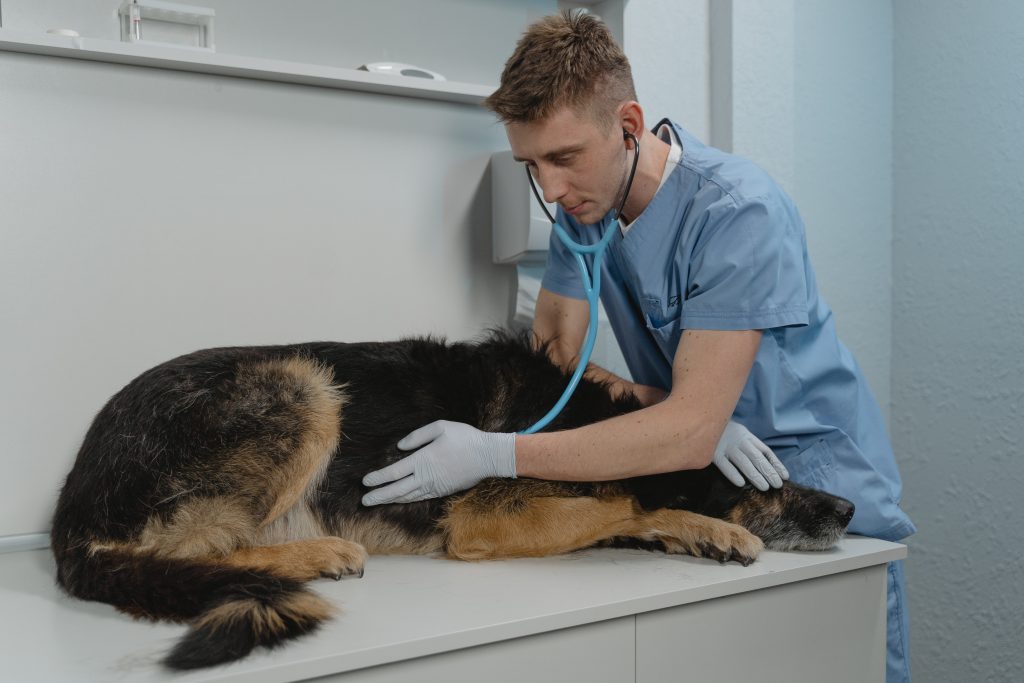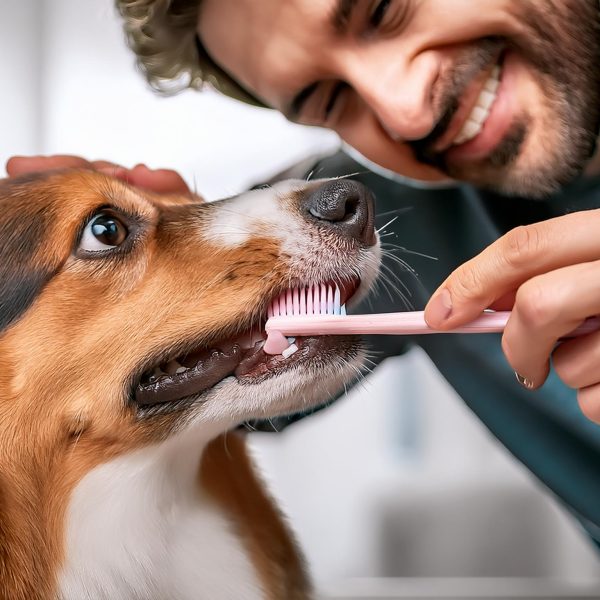Owning a pet brings us immense joy, companionship, and unconditional love. However, along with these rewards comes the responsibility of ensuring our furry friends’ well-being. Just as we carefully plan for our healthcare and unexpected expenses, incorporating insurance into our financial planning can prove to be highly advantageous. Pet insurance not only safeguards our pets’ health but also aids in effective financial management.
In recent times, an increasing number of pet owners have recognized the importance of securing their pets’ health through insurance. Just as human health insurance assists with medical costs, pet insurance covers veterinary expenses, ensuring that our pets receive necessary medical attention without imposing a heavy financial burden. The field of veterinary care has advanced significantly over the years, offering treatments and procedures comparable to human healthcare. However, these advancements often come at a steep cost. Unforeseen illnesses or accidents can lead to bills that amount to thousands of dollars, causing financial strain and compelling us to make difficult decisions. This is where pet insurance steps in as a reliable safety net.
Similar to other types of insurance, pet insurance requires premium payments. The cost of insurance depends on various factors, such as the age, breed, location of your pet, and the chosen coverage. There exists a range of plans, from basic accident and emergency coverage to comprehensive options encompassing routine check-ups and even behavioral therapy. This diversity empowers pet owners to select a plan that aligns with their budget and meets their pets’ specific needs. While committing to insurance demands a certain level of dedication, it’s crucial to view it as an investment in your pets’ overall well-being and as a means of preparing for potential financial challenges.
Financial planning entails preparing for various scenarios, including those involving our pets. Unexpected emergencies can arise at any time, and having insurance can significantly alleviate the ensuing financial burden. This is particularly relevant for individuals who may not have savings specifically earmarked for their pets’ medical needs. By integrating insurance into their strategy, pet owners can mitigate the impact of unforeseen veterinary expenses and focus on their pets’ recovery without being encumbered by cost-related worries.
Furthermore, regarding insurance as a method of expense management is a prudent approach. Comprehensive plans often encompass wellness visits, vaccinations, and preventive treatments such as flea and tick control. Taking proactive measures for our pets not only contributes to their overall health but also enables the identification of potential health issues at an early stage, before they escalate into costly medical problems. Regular check-ups can facilitate the early detection of concerns, when treatments are generally less invasive and more cost-effective. By addressing these issues proactively, pet owners can potentially avert the need for extensive and financially burdensome treatments that might become necessary if problems are left unattended.
When contemplating the inclusion of insurance in your financial plan, conducting thorough research and comparing different insurance providers and policies is paramount. Each policy comes with its own terms, conditions, and coverage limits. It’s crucial to pay attention to any exclusions, waiting periods, or pre-existing conditions that might affect the coverage. Reading reviews and seeking recommendations from other pet owners can provide valuable insights into the reliability of various insurance companies.
Beyond providing security, pet insurance also contributes to financial well-being by promoting responsible planning. It encourages owners to anticipate potential costs associated with their pet’s care and incorporate them into their budget. This mindset of proactive planning can extend beyond pet-related expenses and foster better financial habits overall. Additionally, having insurance can prevent hasty financial decisions during times of stress, such as when a beloved pet falls ill. A well-thought-out strategy can help alleviate worries and empower owners to make informed decisions that prioritize their pets’ best interests, rather than being solely driven by immediate financial constraints.
In conclusion, pet insurance plays a pivotal role in the financial planning of pet owners. It safeguards our pets’ well-being and health while offering peace of mind and financial security. By addressing medical expenses, pet insurance empowers pet owners to focus on their pets’ health without the burden of unexpected financial strain. Furthermore, it cultivates financial planning habits, fostering a mindset of preparedness and foresight. As our cherished pets continue to hold a special place in our lives, incorporating insurance into our overall financial strategies emerges as a wise and compassionate investment.








